Textiles PA6Recycling Hydrogen 03-04-2021 - Arhive
Textiles PA6Recycling Hydrogen
-Danimer Scientific to expand bioplastic plant in Georgia
Danimer Scientific, a developer and manufacturer of biodegradable materials, plans to invest USD700 million in expanding their Bainbridge manufacturing operations, nearly quadrupling their workforce in Decatur County, said Manufacturing Net.
Danimer Scientific (Bainbridge, Georgia) says it has doubled the scale of its greenfield bioplastics project to 250 million lbs (113,000 metric tons) per year of polyhydroxyalkanoate (PHA) and chosen a site in Bainbridge, Georgia.
The company plans to complete the first, 125 million lbs/year phase in mid-2023, with the second phase to go online in early 2024. Total project cost is estimated at USD700 million.
The project is currently in the pre-construction and engineering phase, says Danimer, which expects to break ground during the first quarter of 2022.
In December 2020, Danimer began the 45 million lb/year expansion of its Winchester, Kentucky, PHA facility, which currently has a capacity of 20 million lbs/year. The company expects to bring the new capacity online in the second quarter of 2022.
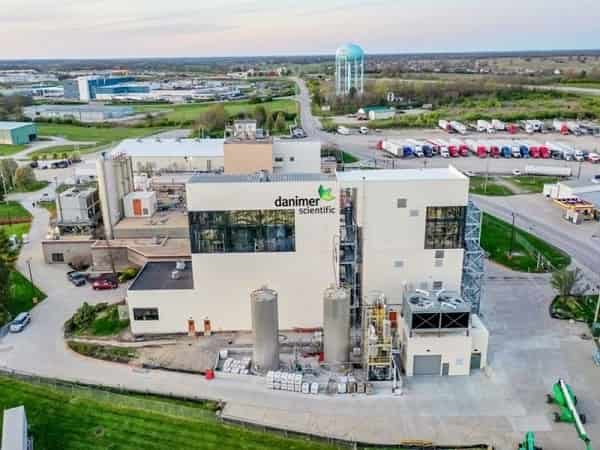
-Avantium proposes to re-appoint Tom van Aken as CEO
Avantium N.V., a leading technology company in renewable chemistry, announces that its Supervisory Board nominates Tom van Aken for re-appointment as CEO and member of the Management Board for a four-year term (May 2021 – May 2025).
The proposed re-appointment of Tom van Aken is subject to shareholder approval at the Annual General Meeting of Shareholders (AGM) that will be held on 19 May 2021.
Tom van Aken joined Avantium in 2002 as Vice President of Business Development. He later became Avantium’s Vice President of Global Marketing and Sales. In 2005, Tom was appointed as CEO. Prior to joining Avantium, he was Business Development Director at DSM Fine Chemicals, Inc. Tom has a Master’s degree in Chemistry from the University of Utrecht, the Netherlands.
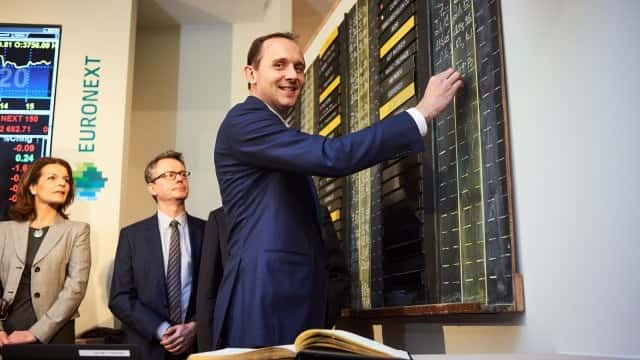
-Compostable Corrosion-Inhibiting Stretch Film Comes to Market
EcoStretch film from Cortec combines commercially compostable resins with Vapor phase Corrosion Inhibitor technology that imparts corrosion protection to metal molds and other equipment. Textiles PA6Recycling Hydrogen
Cortec has introduced what it’s calling the “world’s first compostable corrosion-inhibiting stretch film.” EcoStretch is the next generation in a line of commercially compostable film technologies offered by Cortec, which specializes in the development of corrosion protection and packaging technologies that minimize environmental impact.
The machine-grade stretch wrap combines commercially compostable resins with Vapor phase Corrosion Inhibitor (VpCI) technology that imparts corrosion protection to multiple metal types, including aluminum, galvanized steel, carbon steel, silicon steel, stainless steel, copper, brass, and cast iron.
EcoStretch meets the ASTM D6400 standard for commercial composting and may avoid tariffs, fines, and tip fees where polyethylene is prohibited or restricted. It is suited for stretch-wrapping metal equipment such as molds and components that need to be kept rust-free while minimizing the environmental impact of traditional plastic packaging.

Late last evening, a Polymerupdate editorial team member was in conversation with an industry source in Europe, who said, “ with the Suez Canal now re-opened, after a six day block by the giant vessel Ever Given, it is a welcome sight to see ships plying again along one of the world’s busiest shipping lanes between the Middle East, Asia and Europe. Textiles PA6Recycling Hydrogen
Although the backlog of over 350 vessels will take days to clear, transporters are breathing a sigh of relief. But the blockage has resulted in a number of problems which will lead to steep price surges and supply disruptions.”
He said, “ we are hearing of force majeure announcements on account of the route blockage. PlastiVerd PET Riciclado in a letter to customers said that the closure of the Suez coupled with other logistical problems has resulted in a situation where it is unable to source raw materials.”
The source said, “ at least 25% of European PET capacity is reported to have been already impacted and the Suez blockage has further exacerbated the problem. Shipments of feedstock PTA from South Korea, for example have been hit on account of the Canal blockage.

-EMS to invest over CHF 300 mn at Domat/Ems production site
The EMS Group, a Swiss high-performance polymers and specialty chemicals company, has announced that in the next five years, the group will invest CHF 300 million (Swiss Francs) in the production site at Domat/Ems (Canton Grisons, Switzerland), and in doing so, it will create at least 50 additional workplaces. Important contracts will be awarded in the region.
According to the group, ground-breaking ceremony for a new high-rack warehouse, went ahead in the presence of member of the Grisons government, Marcus Caduff and mayor of Domat/Ems Erich Kohler. Textiles PA6Recycling Hydrogen
With new high-rack warehouse, EMS will achieve rapid expansion of its distribution and storage capacity before the end of this year and continue to supply markets worldwide quickly and flexibly. The project signals the start of considerable expansion investment over the next five years at the Domat/Ems production site.
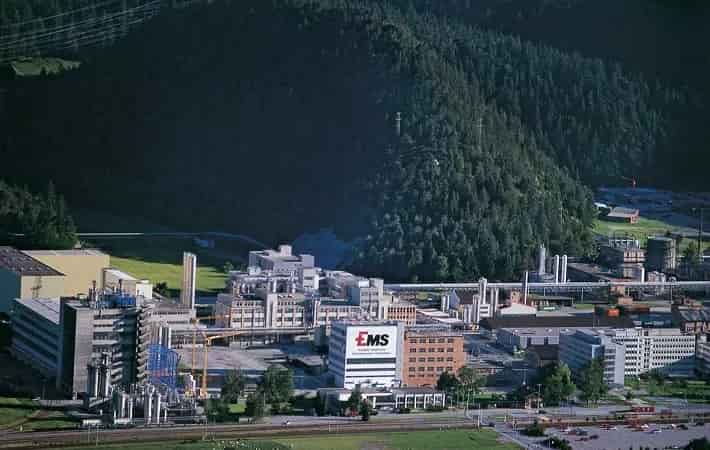
-UK announces restrictions under new chemical regime for first time
The UK government on March 23 set out the first restrictions to be initiated under its new chemical regulation system, UK REACH, to tackle risks posed by chemicals. The launch of the programme includes plans to initiate the restriction process on per- and polyfluoroalkyl substances (PFAS) that are used are used as stain repellents, coatings and fire-fighting foams. Textiles PA6Recycling Hydrogen
PFAS are a group of over 9,000 different chemicals, some of which are already banned or highly restricted. In industry, these substances are used as stain repellents, coatings and fire-fighting foams. The chemicals in PFAS are extremely persistent in the environment; the substances can accumulate in animals and can also be toxic this means PFAS are of growing concern for both human health and environmental reasons.
Certain harmful substances that can be found in tattoo inks and permanent make-up could also be restricted, the government said in a press release.
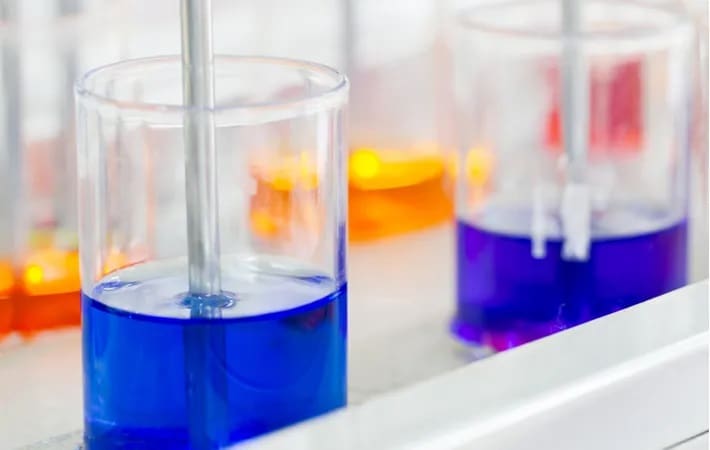
-Teesside HydroPRS plant set to recycle all plastics
A first-of-its-kind facility currently under construction in Teesside will use Mura Technology’s HydroPRS process to recycle all types of plastic waste.
The HydroPRS (Hydrothermal Plastic Recycling Solution) process, which utilises Cat-HTR technology, aims to provide a global solution to the growing issue of plastic pollution. Textiles PA6Recycling Hydrogen
Promising to tackle types of plastic that are currently considered ‘unrecyclable’— such as multi-layer and flexible films, pots and tubs used for packaging food — the process is designed to work alongside conventional recycling methods as well as efforts to reduce and reuse plastic, aiming to push toward a sustainable circular economy.
“The solution is based on supercritical water, and that’s very different to what almost everyone else is doing in the industry: most of it is pyrolysis and gasification,” said Dr Steve Mahon, CEO of Mura Technology. “The technology is fourteen years old, it’s been developed over multiple scale-ups in Australia and it was developed initially for brown coal.
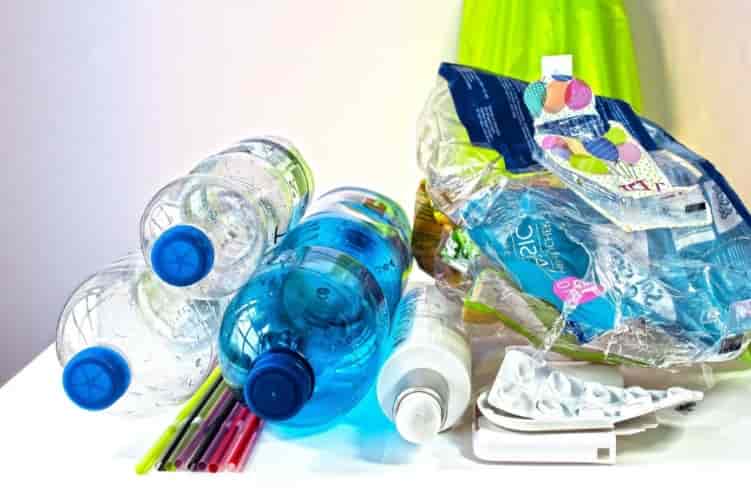
-Graphene derived from discarded tyres used to strengthen concrete
A process that turns waste from rubber tyres into graphene can be used to strengthen concrete, claim scientists at Rice University in Texas.
According to Rice chemist James Tour, there are clear environmental benefits of adding graphene to concrete. Textiles PA6Recycling Hydrogen
“Concrete is the most-produced material in the world, and simply making it produces as much as nine per cent of the world’s carbon dioxide emissions,” he said in a statement. “If we can use less concrete in our roads, buildings and bridges, we can eliminate some of the emissions at the very start.”
Flash graphene process turns ‘trash into treasure’
Recycled tyre waste is already used as a component of Portland cement, but graphene has been proven to strengthen cementitious materials, concrete among them, at the molecular level.
Most of the 800 million tyres discarded annually are burned for fuel or ground up for other applications, but 16 per cent still wind up in landfills.
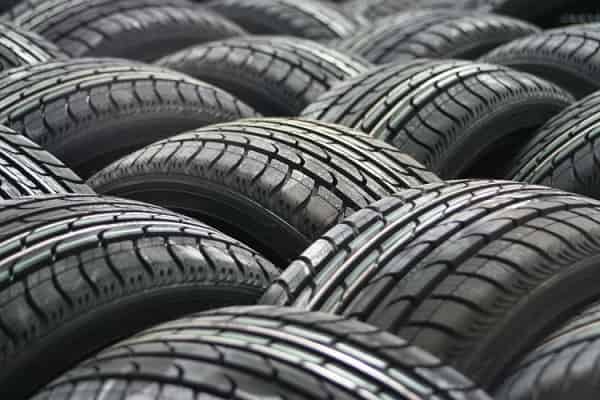
-LANXESS expands range of heat-resistant yellow pigments for high-performance polymers
LANXESS has expanded its Colortherm Yellow pigment range for heat-resistant high-performance plastics. Two new inorganic yellow pigments are now available, namely Colortherm Yellow 5 and Colortherm Yellow 26.
They are based on iron oxide and zinc oxide respectively and specially designed for cost-effective coloration in a temperature range of between 220°C and 260°C. With equally high colour strength at the same color space, they offer plastics manufacturers and processors an excellent compromise between the best-in-class Colortherm Yellow 20 and Colortherm Yellow 30 products, which are heat stable up to 300°C. Textiles PA6Recycling Hydrogen
Thermal stability as a quality factor
Plastics can now be used in applications that would have been considered impossible just a few years ago. High-performance polymers with special physical or chemical properties are increasingly replacing metal, glass and ceramics. They are used for special applications in vehicles, electronics and process engineering as well as medical applications. As the use of technical plastics in high-tech applications becomes more widespread, the requirement profile for the pigments used for colouring is also growing. In particular, the heat stability of the colorants is becoming a decisive quality factor. In the case of organic pigments, high processing temperatures often lead to accelerated decomposition; but inorganic alternatives can be subject to color variations at temperatures above 180°C.
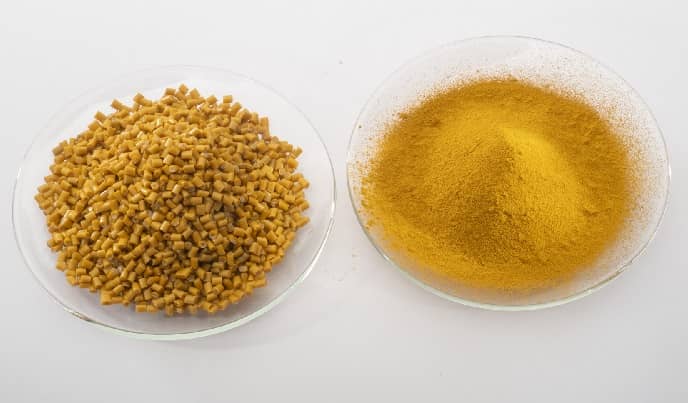
Automotive OEM Groupe Renault has formed a partnership with resource management firm Veolia and science-based company Solvay to develop a closed-loop recycling system in Europe.
The partners aims to leverage their expertise at each step of the value chain to establish a sustainable European source for battery metals such as cobalt, nickel and lithium. Textiles PA6Recycling Hydrogen
The existing Veolia and Solvay consortium was created last September.
The partnership will see Renault pool its EV battery life-cycle experience with Solvay’s expertise in the chemical extraction of battery metals, and Veolia’s experience in dismantling and recycling batteries using a hydrometallurgical process.
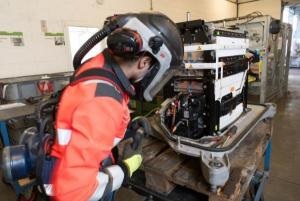
-Toyota began producing green hydrogen in Australia
Toyota has started up a solar-powered hydrogen production facility in Melbourne, Australia, said Reuters.
The facility will produce up to 80kg/day of hydrogen, for use in commercial and passenger fuel cell electric vehicles (FCEVs). The hydrogen is produced by a 200kW electrolyser that uses solar-based electricity to split water into hydrogen and oxygen components. Textiles PA6Recycling Hydrogen
The automaker is bringing in 20 of its Mirai hydrogen fuel cell cars to Australia in April, placing them in fleets to gain feedback on how they run. The site west of Melbourne is also its biggest globally in terms of producing, storing and dispensing hydrogen.
It is the second such fuel station in Australia after ActewAGL last week began selling hydrogen produced by France’s Neoen in a trial for 20 Hyundai Nexo sport utility vehicles owned by the Australian Capital Territory government. Fuel cell vehicles remain a niche segment globally amid concerns about a lack of fuelling stations, resale values and the risk of hydrogen explosions.
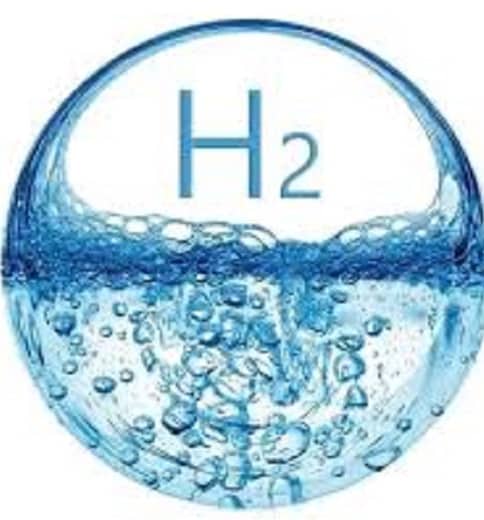
Textiles PA6Recycling Hydrogen
